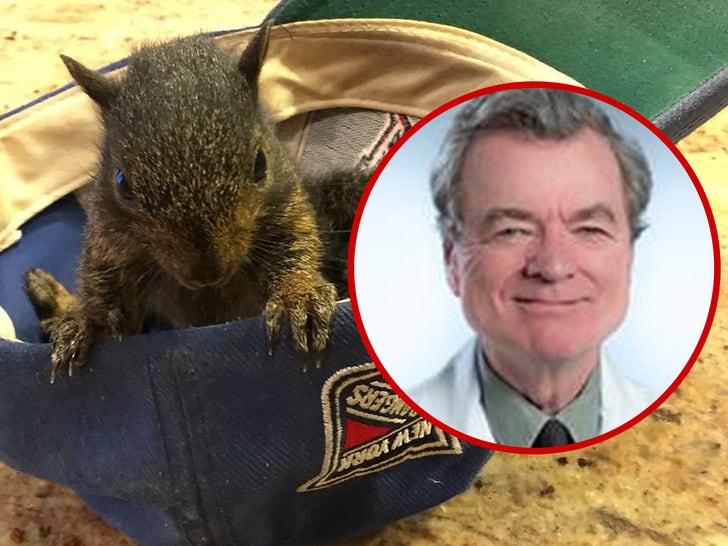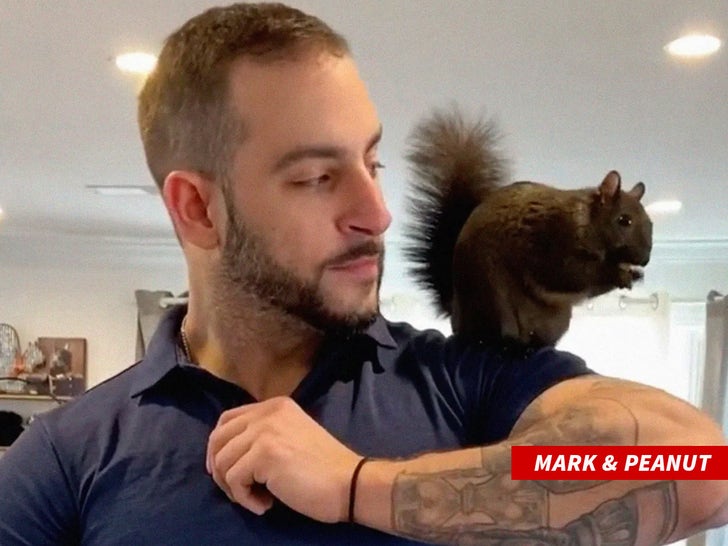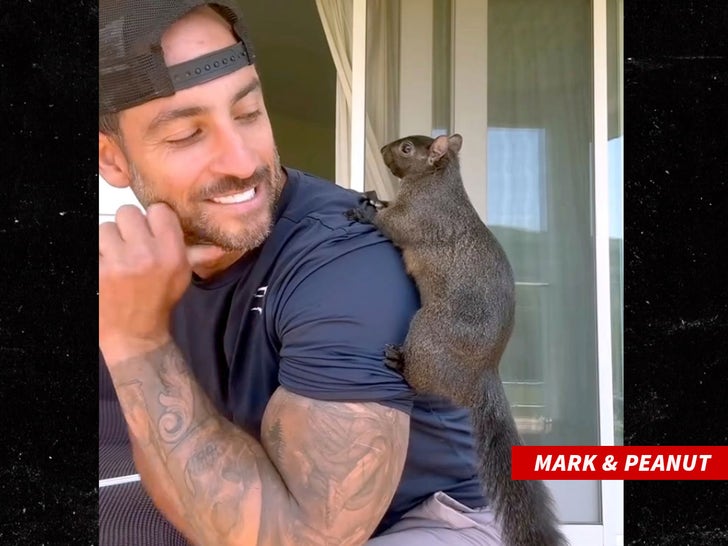Peanut the Squirrel Unlikely He Had Rabies ... Officials Quick On Draw?!?

Peanut The Squirrel should be alive right now, because it's improbable the fully domesticated animal had rabies ... so says an infectious disease expert.
NY state officials killed the internet sensation last week in order to test Peanut for rabies, but a doctor well versed in rabies says authorities might have jumped the gun in impulsively testing for the disease.

Dr. Edward R. Rensimer tells TMZ ... the CDC's position is that squirrels are not considered to be carriers or spreaders of rabies and to his knowledge, there's never been a recorded case of squirrel-to-human rabies transmission.

TMZ.com
Dr. Rensimer's worked on animal exposures with rabies risk since the 1980s, and he says it's rare for squirrels to have rabies ... and, would be even more unlikely in Peanut's case, because the animal was not in the wild, and instead lived indoors for 7 years with owner Mark Longo.

Peanut The Squirrel's Owners Pursuing Legal Action Over Viral Controversy
Mark told TMZ, authorities got a search warrant for his home and seized Peanut. They claim Peanut bit one of the agents, so they euthanized it to test for rabies ... even though the animal bit Mark multiple times over the years, and he never showed signs of rabies.
Those officials have not revealed the results of their rabies testing.
Dr. Rensimer says there are a lot of alternatives to going straight into rabies testing, which can only be done once the animal is dead.

Instead, he says authorities could have given Mark the option to quarantine the squirrel, and have the alleged bite victim get a rabies vaccine.

Mark's pissed about how the whole raid went down, and Dr. Rensimer believes Peanut didn't necessarily have to be put down so urgently.
 2 weeks ago
1
2 weeks ago
1




















 English (US) ·
English (US) ·